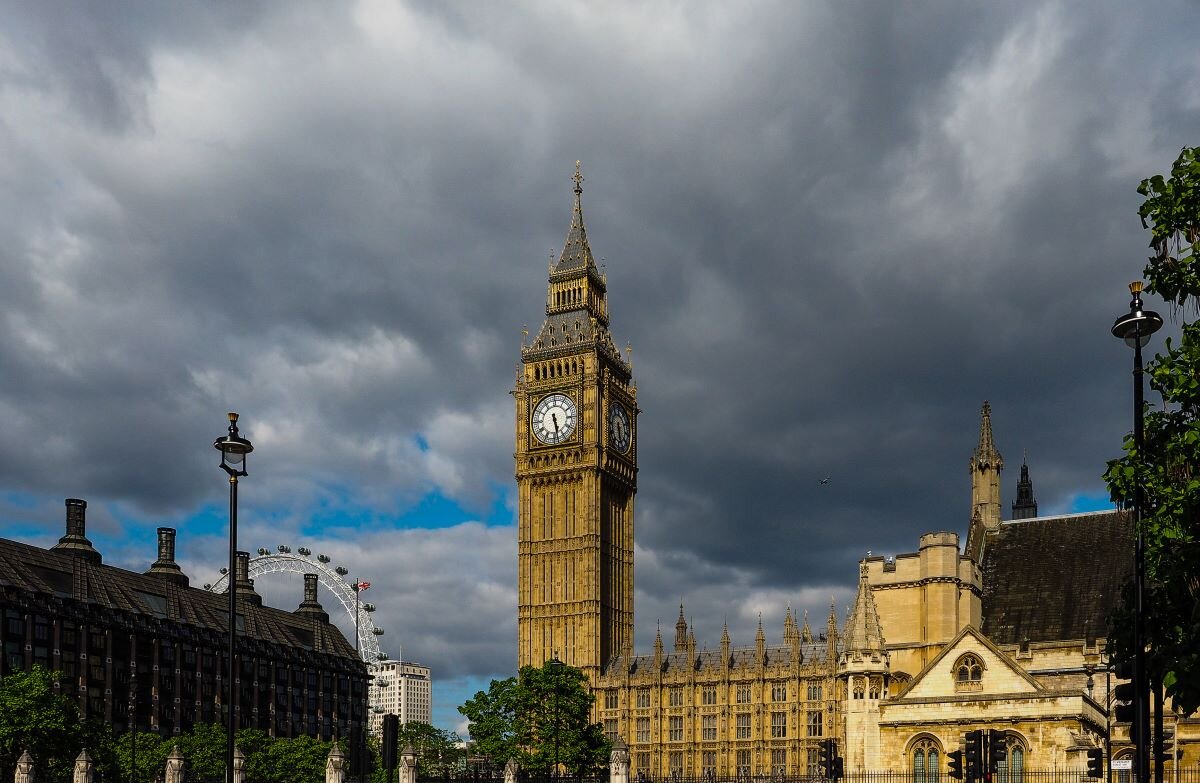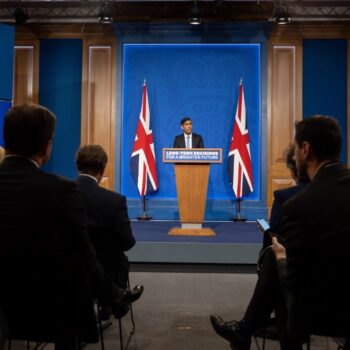The manifestos are in, and UK voters face clear blue water when it comes to climate action at the General Election.
Parties on the left and centre have prioritised tackling the climate crisis, integrating the net zero transition into their visions for economic renewal, and addressing the high cost of oil and gas as the root cause of the cost-of-living crisis.
Labour, riding high in the polls and leading the Tories by about 20 points, have prioritised the green industrial revolution in their capital spending plans. They have pledged to establish Great British Energy and a National Wealth Fund to help make the UK a ‘Clean Energy Superpower’. The Liberal Democrats’ manifesto also outlines impressive commitments to accelerate the transition to net zero, including free insulation and heat pumps for low-income households. The Green Party has pledged a wealth tax to help them fund an even more ambitious and rapid transition.
Meanwhile, the parties on the right of British politics are spinning a very different story. Despite the warning from climate scientists that global heating has spiralled to dramatic and devastating new highs in the last year, the Conservative manifesto is their weakest offering yet on climate action.
While Theresa May introduced the 2050 net zero target, and Boris Johnson was keen to focus on the huge economic opportunities that came with leading the global race to net zero, Rishi Sunak has opted to play down the economic benefits of the transition and focus on the cost instead. This should have been the election when parties competed among themselves to be the most ambitious on net zero policies. Instead, we have had the most divisive climate debate yet.
This debate started in September last year. To the shock of moderate Tories, Sunak – influenced by his Australian political advisor Isaac Levido – homed in on this new ‘cost of net zero’ narrative and weakened several major climate policies, including delaying the ban on new fossil fuel cars from 2030 to 2035 and axing proposed regulations on landlords to insulate homes for renters. This move was strongly criticised by a furious business community at the time.
Despite the failure of this new negative framing to reverse the Conservative Party’s plummeting polling numbers, Rishi Sunak kept pushing this narrative in the lead-up to the local elections in May. This contributed to local electoral wipeout, with the mayors and councillors who are pushing for more climate action winning the day. This did not stop Rishi Sunak from continuing to centre the same messaging during the General Election campaign.
Reform UK launched their ‘Contract’ with the British people this week, setting out the most backward and regressive political position on climate change that we have seen in the UK in decades. Their position is one of outright climate change denial, advocating for the elimination of the UK’s net zero target and ending support for renewables. It is a manifesto for high energy bills, economic decline and climate catastrophe.
As shocking as it is to see a political party adopt such a scientifically and economically irresponsible position, we know where this is coming from. Cosying up to Donald Trump and his fossil fuel friends, Farage is attempting to stoke a culture war on climate change, breaking up a previous cross-party consensus on climate. Space for Reform UK on this issue has been opened up by Sunak, who has provided oxygen and political cover by focusing on the costs of net zero himself.
Their efforts are likely to be treated with contempt by British voters. Polling indicates that voters across political lines in marginal seats want ambitious action to combat climate change. They recognise that skyrocketing energy bills in recent years have stemmed from the price of gas, not net zero policies. Even a recent poll of Reform UK voters shows that a majority of them want cross-party consensus on maximising renewables investment.
In Blue Wall constituencies, 9 out of 10 voters want to see a loophole-free windfall tax on the profits of fossil fuel giants, who have made record profits during the cost-of-living crisis as energy prices and fuel poverty soared. Yet an investigation by DeSmog has found that climate science deniers, fossil fuel and polluting interests have donated £2.3 million to Reform UK, amounting to 92% of their donations and given £8.4 million to the Conservative Party. This financial influence helps explain why both parties have drawn up such a sceptical position on climate action despite this being at odds with many of their supporters. It underscores the corrupting influence of fossil fuel money in politics.
Attempts to use climate change as a politically divisive weapon will almost certainly backfire in the upcoming election. Playing down the benefits of net zero, and ignoring the costs of sticking with fossil fuels, is misleading voters and shows contempt for the electorate. Meanwhile, a strong result for parties backing an ambitious transition would provide a clear mandate for far more ambitious climate action. The net zero transition in the UK could be about to accelerate.


